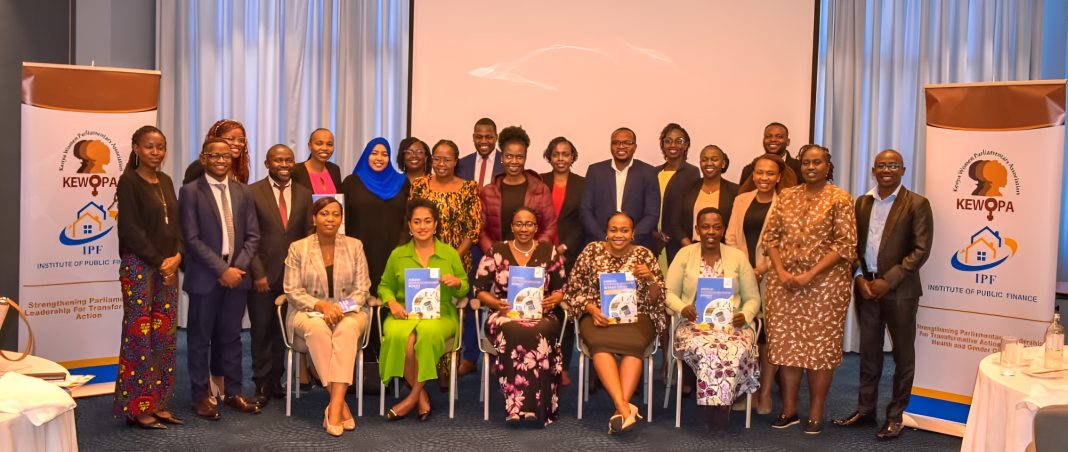The Kenya Women Parliamentary Association (KEWOPA) has intensified calls for the abolition of the death penalty for women, arguing that systemic inequalities and gender-based vulnerabilities make capital punishment disproportionately harsh on female offenders.
During a roundtable breakfast with the International Commission of Jurists (ICJ) Kenya on Tuesday, KEWOPA highlighted that many women facing death sentences have histories of domestic abuse, social marginalization, and poverty factors often overlooked by the legal system.
Speaking on behalf of KEWOPA Chairperson Senator Beth Syengo, MPs said the justice system should recognise the compounded punishments women face, noting that sentencing often punishes them not only for the crime but also for their gender and social circumstances.
“Women on death row are often survivors of domestic violence. Justice that ignores these realities is not justice at all,” Syengo said, reiterating KEWOPA’s commitment to legal advocacy and gender-responsive justice reforms.
ICJ Kenya Chairperson Christine Alai emphasized that, despite the abolition of the mandatory death sentence for murder in 2017, courts continue to impose capital punishment for crimes including murder, robbery with violence, attempted robbery, and treason. Alai urged parliamentarians to consider the unique pathways leading women to incarceration and the role of systemic inequities in sentencing.
KEWOPA members stressed the importance of engaging women prisoners to understand their grievances and called on judges to weigh domestic abuse, social marginalization, and poverty when passing sentences. The MPs urged Kenya to adopt the African Union’s draft protocol on the abolition of the death penalty and called for the inclusion of a gender perspective in all national discussions on capital punishment.







link 66b cung cấp cho người chơi hơn 35+ ngân hàng nội địa đi kèm với nhiều phương thức giao dịch khác bao gồm: Ví điện tử, Thẻ cào, QR Pay và USDT. Bạn chỉ mất 18 giây để nạp tiền và 2 phút để rút tiền thành công về tài khoản chính chủ, tất cả đều miễn phí và xanh chín.
Không chỉ sở hữu chứng nhận hợp pháp bởi CURACAO Gaming, 888slot freebet còn được đánh giá cao khi toàn bộ trang web đều vận hành đảm bảo theo tiêu chuẩn mã hóa SSL 12 Bit. Chúng tôi nói không tuyệt đối với những hành vi xâm nhập từ bên thứ ba không rõ nguồn gốc.